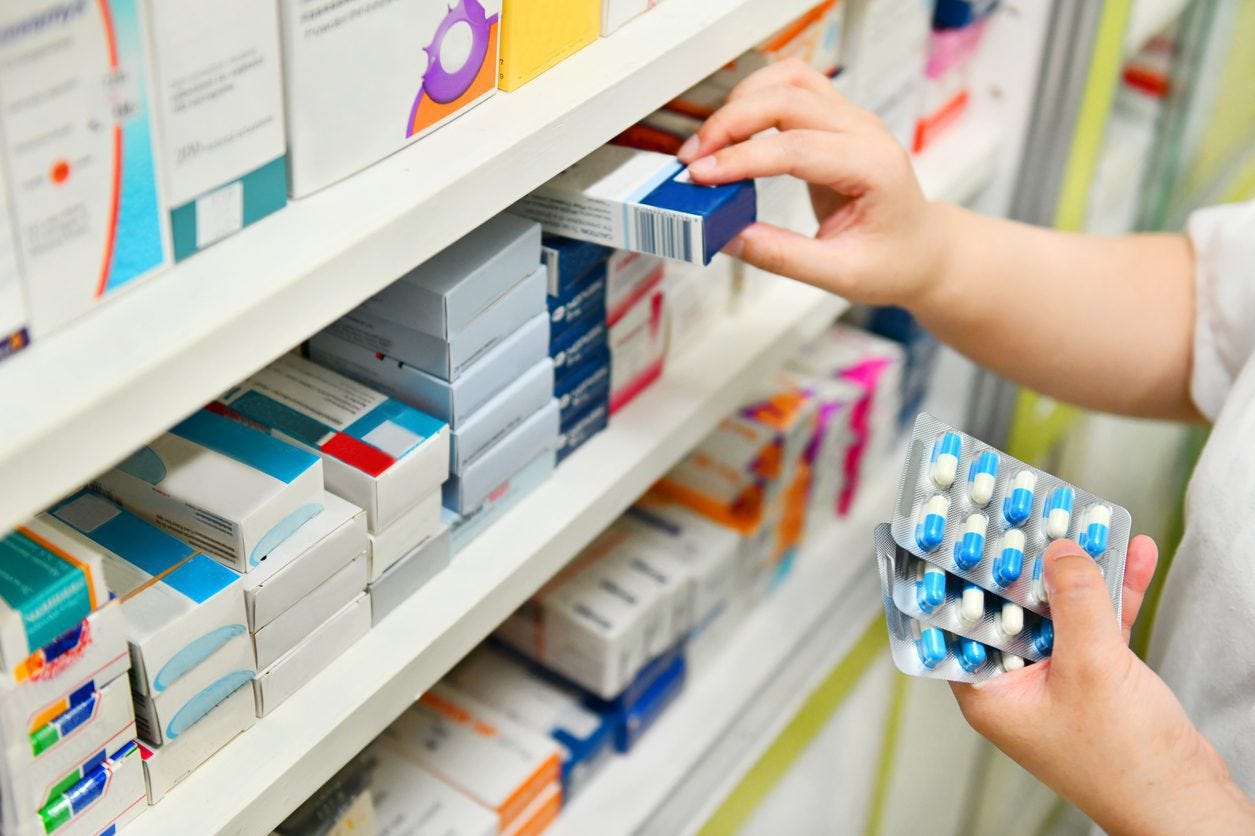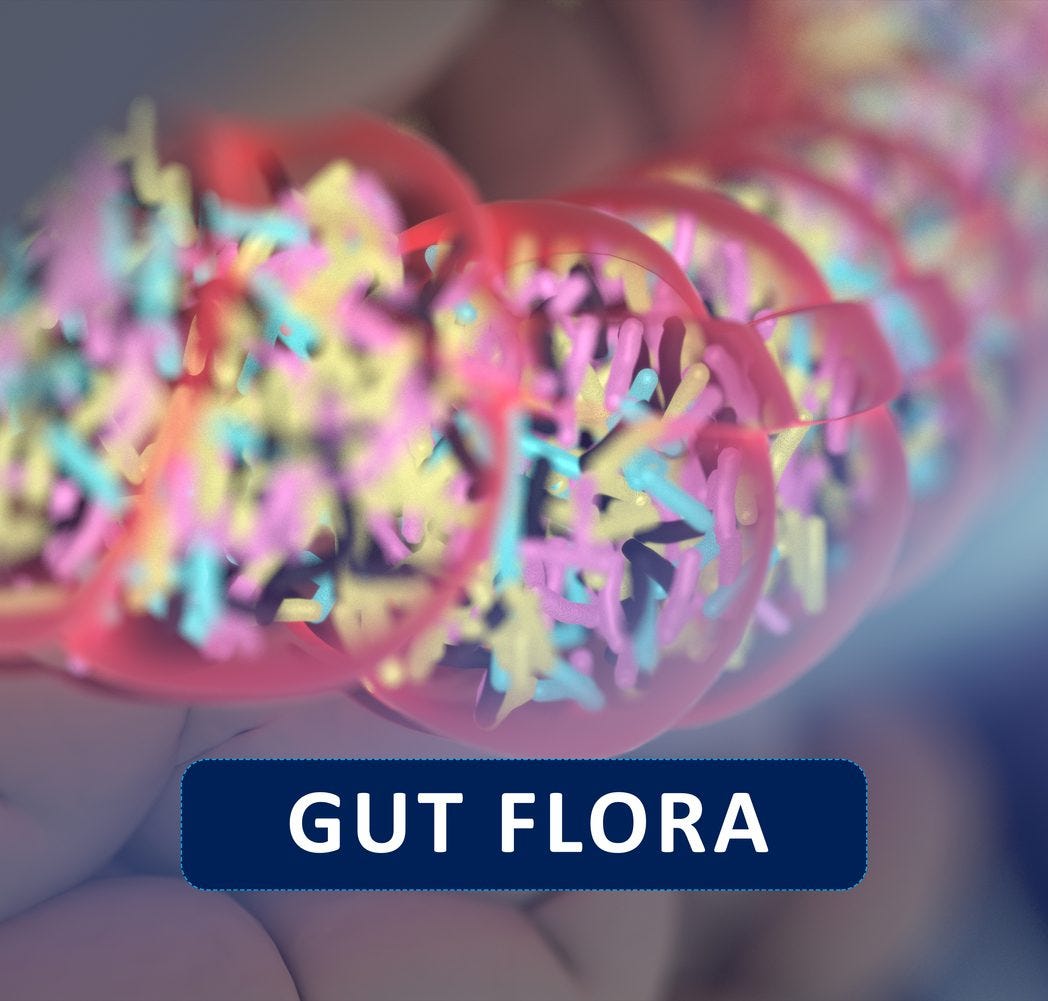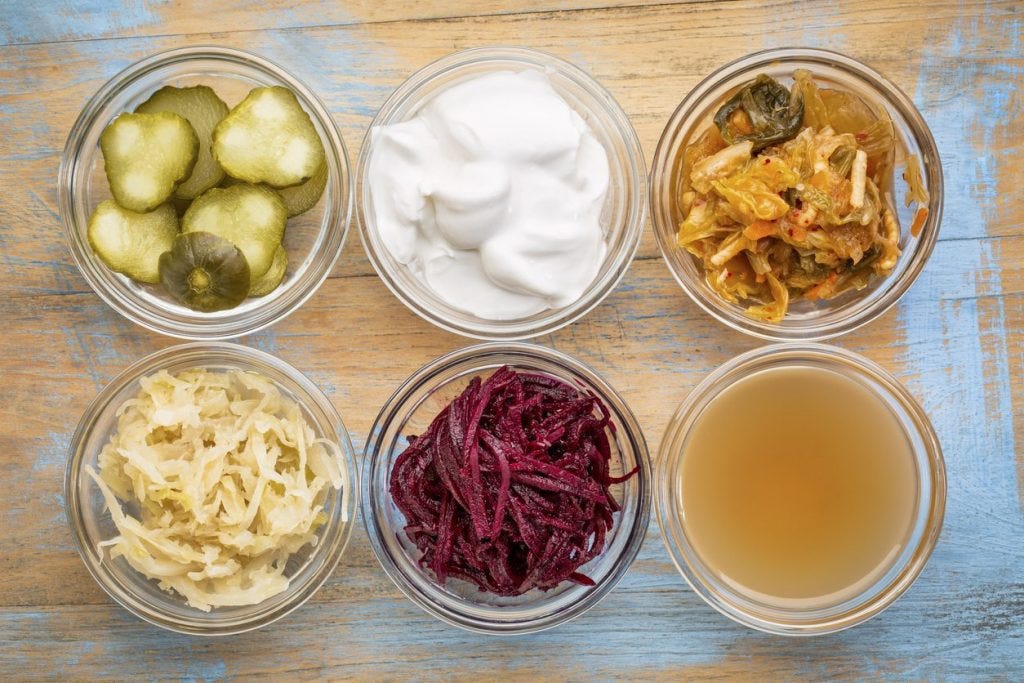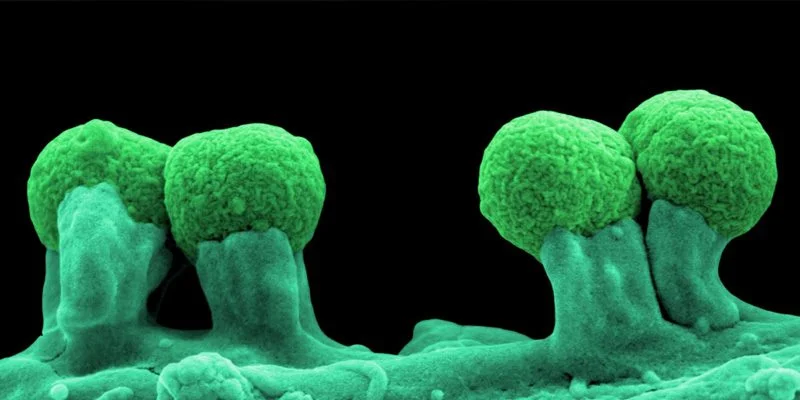How to Improve Your Gut Health After Being Sick
Medically Reviewed by Dr. Paris Kidd
Have you ever gotten so sick you needed to take prescription medication? Most of us have.
Commonly prescribed by doctors to reduce the symptoms associated with the flu, common colds, or viral infections, antibiotics are a range of powerful drugs that can slow down or completely halt the growth of bacteria in the human body.
However, as with many medications, there are pros and cons to using antibiotics.
The Negative Effects of Antibiotics

Antibiotics are designed to kill the bad, harmful bacteria in our bodies. When we’re sick, this is a good thing.
Unfortunately, antibiotics also harm some of the good bacteria in the gut. Since antibiotics typically cannot discriminate between the good and bad bacteria in our bodies, they often kill them both.
However, the greatest danger of antibiotics doesn’t come from those prescribed by your doctor, but from the foods, you eat. It’s estimated that 70 percent of the total antibiotic use in the U.S. is for livestock, which is why it’s critical to eat antibiotic- and hormone-free meats whenever possible.
Medications also can rob your gut of good bacteria. These include some birth control pills, pain medications, and anti-inflammatories.
Good Bugs vs Bad Bugs

This community of bugs is collectively known as the microbiome. Growing research suggests the microbiome in a healthy person contributes substantially to the synthesis of neurotransmitters that can affect the brain, such as GABA (gamma-aminobutyric acid) and serotonin. Keeping your gut microbiome healthy is essential to maintaining mental acuity, strong immunity, and overall wellness.
Some of these bugs are beneficial to your health, while others are harmful. And, in a classic “good guys vs. bad guys” scenario, they’re all trying to gain control of your microbiome.
The friendly bacteria in the gut are constantly jockeying for space against unfriendly, potentially disease-causing bad bacteria. When the good guys are crowded out, the increase in bad bugs can damage the gut lining so much that it loses its capacity to seal off the gut contents from the surrounding tissues, and leaky gut can develop.
A fascinating 2016 scientific review suggests that taking even one dose of antibiotics around the time of birth can have negative effects that some experts believe could permanently reduce the diversity of your gut bacteria. In most people, the overuse of antibiotics can deplete the population of good bugs in the gut and tip the balance in favor of the bad bugs.
If you’ve recently taken antibiotics, it’s vitally important to restore your gut to a healthy balance. Following these tips can help…
How Improve Your Gut Health After Taking Antibiotics
Reduce the Bad Bugs
This is just a brief list of things that can increase the bad bugs in your gut:
- An unhealthy gut lining, due to vitamin and/or mineral deficiencies
- Low levels of omega-3 fatty acids
- Low levels of vitamin D
- Toxins (environmental pollutants such as herbicides, pesticides, solvents, heavy metals; recreational drugs; antimicrobial chemicals in soaps)
- Medications (antibiotics, oral contraceptives, proton pump inhibitors, steroids, NSAIDS)Sugar and high fructose corn syrup
- Glutens, casomorphs, and other allergens from cow’s milk
- Allergies to foods, and/or to the additives in highly processed foods
- Sleep issues (especially among soldiers and those involved in shift work)
- Intestinal infections (H pylori, parasites, Candida yeast)
- Radiation/chemotherapy
- Excessive alcohol
- Stress
Addressing these items can start the process of healing your gut. By avoiding the things that fuel the growth of bad bugs, you can enhance the health of your gut and improve your physical and mental well-being.
3 Ways to Support the Good Bugs
Here are some practical ways to support the good bugs in your gut:
1. Healthy Diet: Your healthy microbiome can be thrown off balance by numerous factors every day, including the additives in processed foods, artificial sweeteners, or the standard American diet (SAD) – one that’s high in calories, low in fiber, and lacks sufficient vitamins and other essential nutrients. Instead, focus on eating lean protein, high fiber, and healthy fat foods.
2. Consume prebiotics: Prebiotics are dietary fibers that promote gut health. These are provided by apples, beans, cabbage, psyllium, artichokes, onions, leeks, asparagus, and root vegetables (sweet potatoes, yams, squash, jicama, beets, carrots, and turnips).

3. Add probiotics: Eat more fermented foods that contain live bacteria, such as kefir, kombucha, and unsweetened yogurt (goat or coconut); kimchi, pickled fruits and vegetables; and sauerkraut. You can also take probiotic supplements with quality strains that have clinical proof of benefit for gut health.
If you’ve recently taken antibiotics, it’s crucial that you implement the above strategies to replenish the good bugs in your microbiome. Remember, if you take good care of your gut, it will take good care of you!
At BrainMD, we’re dedicated to providing the highest purity nutrients to improve your physical health, immunity, and overall well-being. For more information about our full list of brain healthy supplements, please visit us at BrainMD.
- This Is What You Need to Know About HBOT
Medically Reviewed by Dr. Nicole Avena - April 22, 2024 - Hormone Changes in Men: How to Know If You Have Low Testosterone! - April 15, 2024
- This Is What You Need to Know About EMDR Therapy! - April 11, 2024




Thank you, Keith for the reminder of good nutrition.
Root veggies as a prebiotic, yes! Squash is not in the list, however. It is a fruit.
Don’t forget KeVita drinks for probiotics. Very enjoyable.